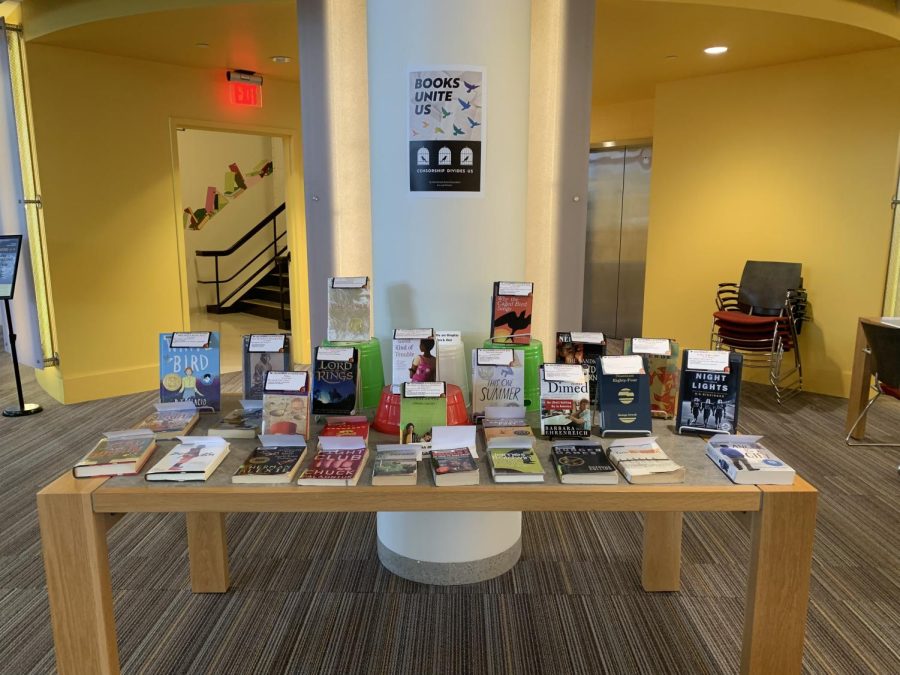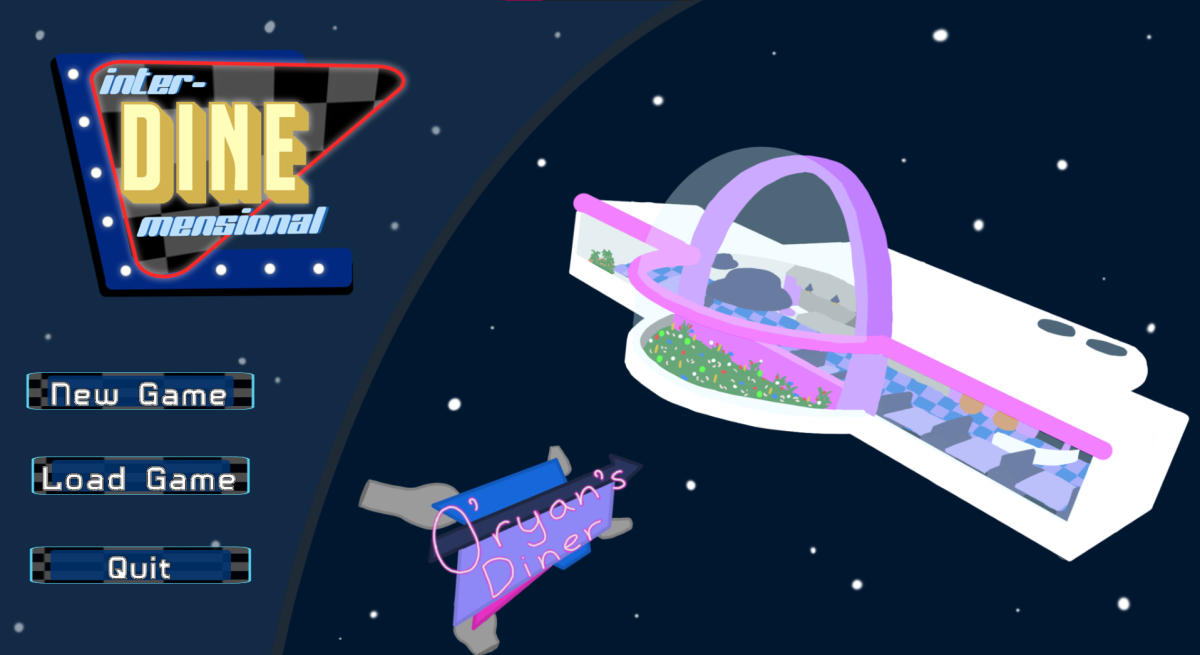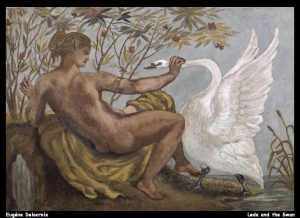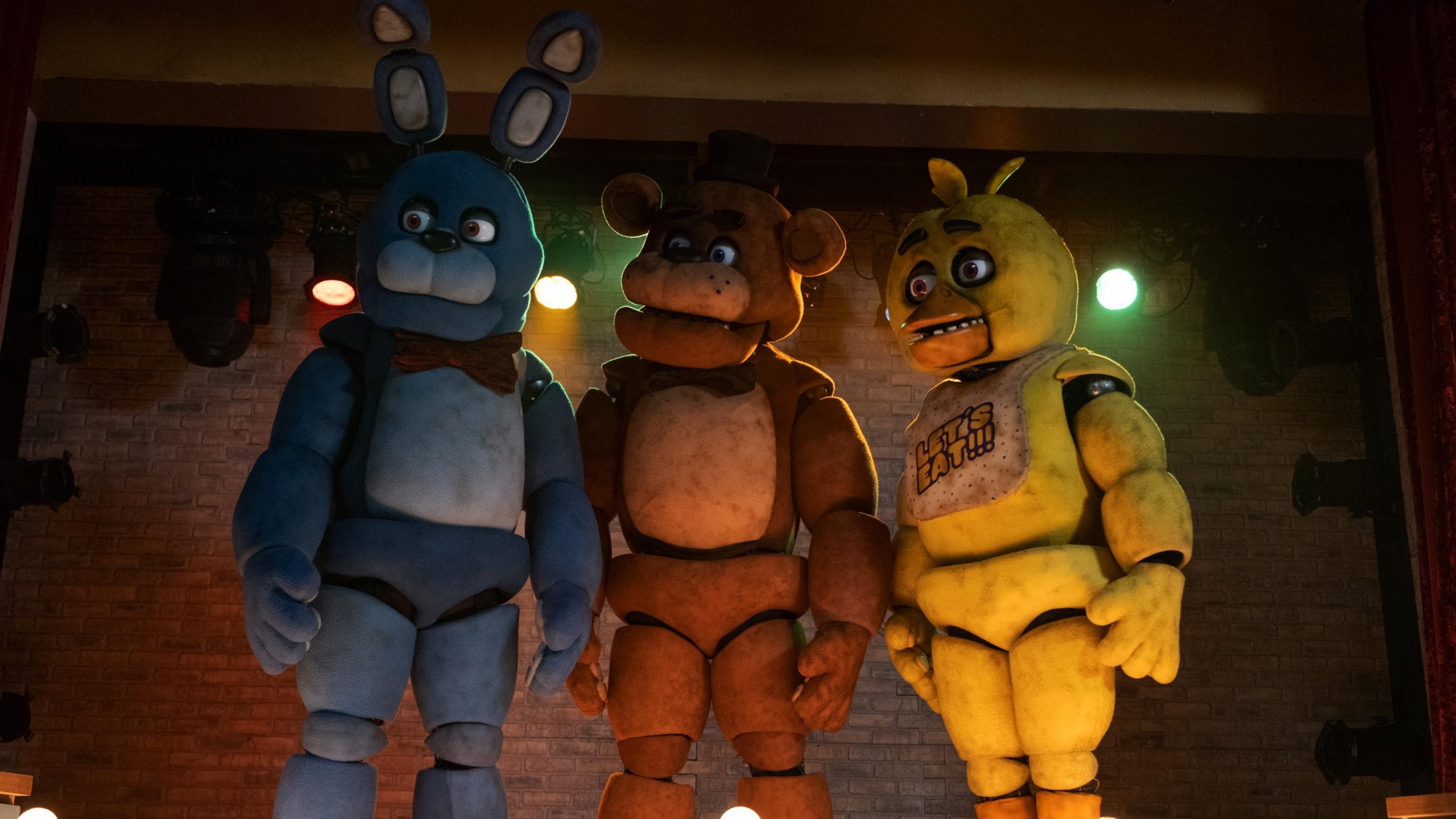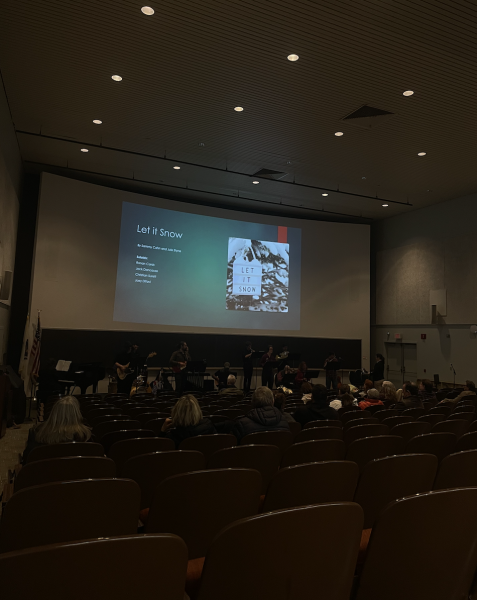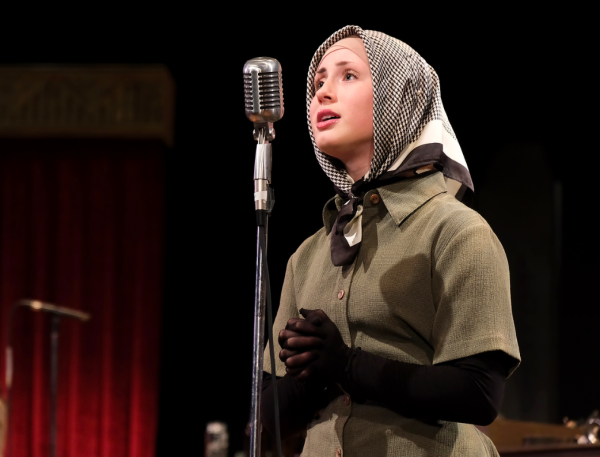Books Unite Us. Censorship Divides Us: Banned Books on Display in Amelia V. Gallucci-Cirio Library
Banned books on display in Amelia V. Gallucci-Cirio Library; via The Point
October 11, 2022
In Fitchburg State’s Amelia V. Gallucci-Cirio Library sat a table with books that have faced censorship attempts throughout history. Sherman Alexie’s “The Absolutely True Diary of a Part-Time Indian,” Maya Angelou’s “Why the Caged Bird Sings” and Tolkein’s “The Lord of The Rings” were just a few of the books on display for Banned Book Week. Banned Book Week took place from September 18 – September 24 and this year’s theme was “Books Unite Us. Censorship Divides Us.”
“I think all literature, even when it’s inadvertently terrible or really racist or really any kind of ism, can still be used as educational. So I’m not a huge fan of censorship, but I understand why it exists,” said Julia Grace Ducharme, an education major at FSU. Some of the reasons listed on the banned book display for certain books being banned were profanity, offensive references to Christianity, promoting an “anti-white” message and encouraging homosexuality.
According to the American Library Association, the majority of challenged books in 2021 were authored by or were about Black or LGBTQIA+ persons. One of the top ten most challenged books of 2021, according to the ALA, was “The Hate U Give” by Angie Thomas. This story centered on a black character named Starr Carter, who witnessed a white police officer shoot and kill her friend at a traffic stop and the community uproar surrounding that. The book was challenged for profanity and violence and was considered to promote an anti-police message. “I think controversy, especially in the classroom, can be super important. We need to have nuanced conversations in the classroom about stuff that’s really controversial, but I think it really depends on why is that book banned?” said Ducharme.
“Today, a lot of YA books, in particular, are being targeted for their LGBTQA content, they’re being targeted for their racial content and anything that might be perceived as ‘anti-police.’ Those are kind of the big things right now, I would say, in like the last two years, and considering the political landscape that we’re living in, it’s not surprising.” Said Lori Steckervetz, a librarian at the FSU library who is responsible for setting up the Banned Book Week display.
According to the American Library Association, the number of reported book challenges in 2022 is expected to surpass the 729 reported challenges in 2021. This is the most challenges reported since the ALA started tracking them close to twenty years ago. “It wasn’t really until I was in Library school getting my masters in library science when I had the opportunity to be working in a library where this topic started coming up and realized, oh yeah, I remember hearing stories of certain books being controversial at a given time period and being pulled off of shelves but in terms of it still being a modern thing that we are dealing with today that was kind of eye-opening,” Steckervetz said.
A survey conducted by the ALA this year found that the majority of both Democrats and Republicans were opposed to having books removed from their local public libraries. Yet the ALA also finds that the majority of reported challenges are instigated by parents of public school children. “I mean, when you deny young people information that may be useful for them to think critically, I think kids are always at a disadvantage when that situation happens.” Said Ducharme.
“I think everyone loses when books are pulled, but it’s definitely kids and young people whose own voice in this conversation is often ignored. With parents, ultimately, with their kids, they’re making a choice of what they expose their children to and that’s the parent’s right, but book banning means that one parent is potentially making a choice for all parents and all kids, rather than just saying, hey, we don’t like that book for our child so we’re not going to read it.” Steckervetz said.
Libraries do make decisions on their own to remove books from their collections in a formal process called “weeding.” As Steckervetz describes it, “You think of your library collection like a garden and over time there are materials that need to go, for example, we have found some really old books in the collection that had information in them that were extremely outdated and erroneous and unless you were keeping it for historical purposes, would actually be kind of dangerous to continue having it our collection because we don’t want someone coming in and pulling it and citing it.”
“As stuff gets older, we think about it more and we’re like, maybe there’s something else that is better at doing what this does. Or maybe this book we thought might be racist twenty-five years ago really is racist and needs to be done, like now,” said Ducharme.


